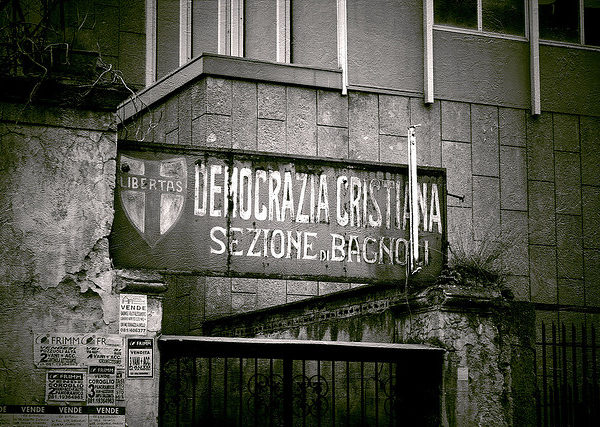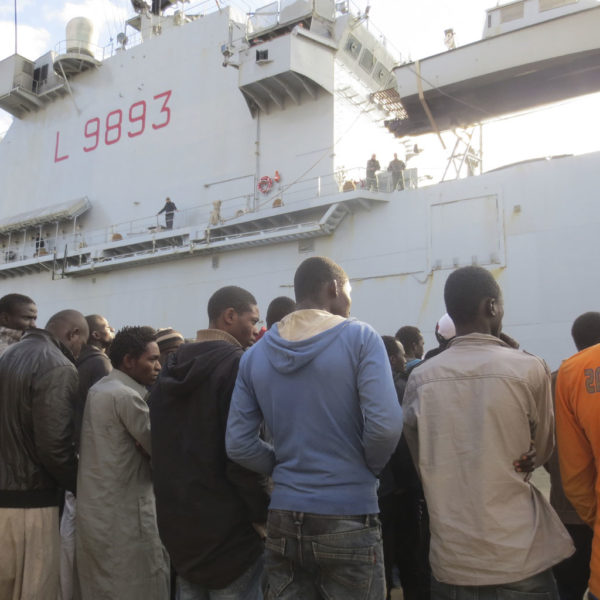
The election of Matteo Renzi represents a low point in the fortunes of political Catholicism in democratic Italy, as engaged Catholics across the political spectrum have less influence over the national government than at probably any point since World War II. This decline in fortunes illustrates the weaknesses of mainstream Catholic political strategies in the post-Cold War era. A cross-country comparison of Italy and the U.S. can help illustrate how the struggles of political Catholicism in the early twenty-first century reflect certain weaknesses in the Catholic Church’s current understanding of its social mission.
